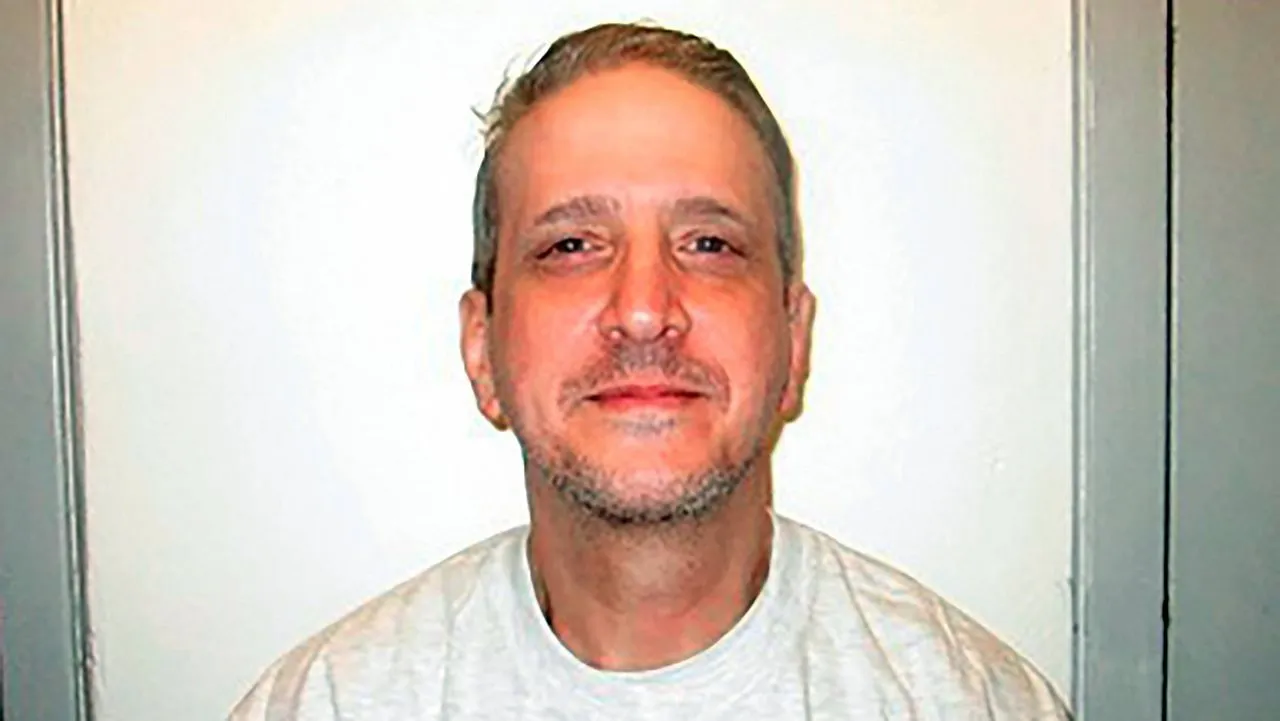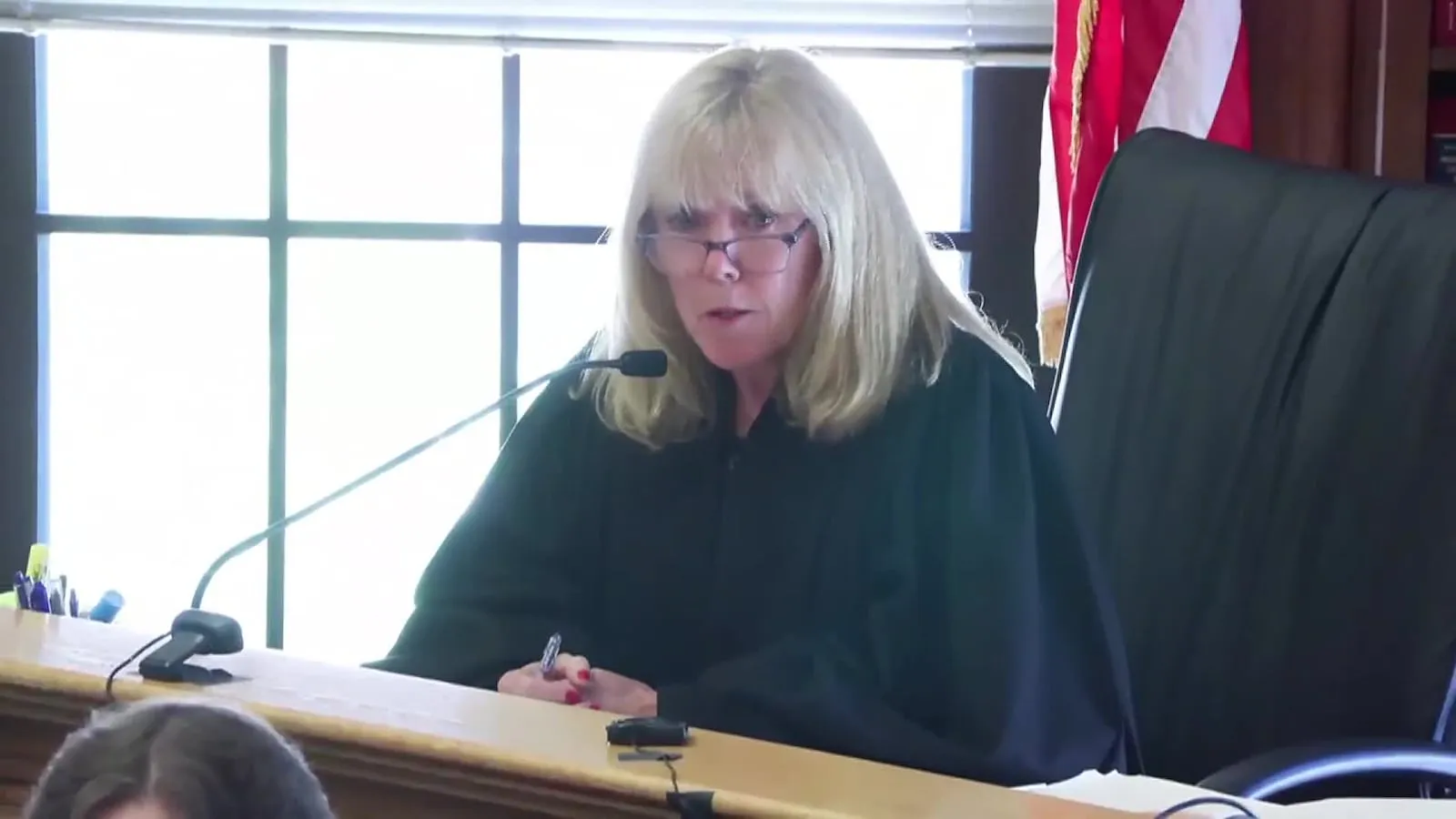Richard Glossip’s Fight for Justice: Will the Supreme Court Finally Hear His Plea?
Richard Glossip has been a name synonymous with the fight against wrongful convictions in the United States. Since his conviction in 1997 for the murder of Barry Van Treese, Glossip has maintained his innocence, asserting that he was wrongfully accused and convicted based on unreliable testimony. His case has recently gained renewed attention as the Supreme Court has agreed to hear his appeal, raising hopes for a potential new trial or even the overturning of his conviction.
Glossip’s ordeal began when he was accused of orchestrating the murder of Van Treese, a motel owner in Oklahoma. The primary evidence against him came from Justin Sneed, the actual perpetrator, who claimed that Glossip had hired him to commit the crime. Over the years, multiple appeals and legal battles have ensued, with Glossip’s legal team arguing that the evidence presented at trial was insufficient and unreliable.
In a significant turn of events, newly disclosed evidence has surfaced, casting doubt on the integrity of the original trial. This evidence raises questions about the reliability of witness testimonies, particularly that of Sneed, whose admission of guilt has been overshadowed by his claims against Glossip. The legal team contends that the state has failed to provide adequate evidence to support Glossip’s conviction, arguing that he has been wrongfully sentenced to death.
The Supreme Court’s decision to hear Glossip’s case marks a pivotal moment in his long fight for justice. This hearing could lead to a new trial or even the exoneration of Glossip, setting a precedent for other death row inmates who claim innocence. Legal experts and advocates for criminal justice reform view this case as emblematic of broader issues surrounding the death penalty in the United States, particularly concerning wrongful convictions and the fairness of trials.
Public support for Glossip has surged, with many advocating for his exoneration. The case has garnered significant media attention, highlighting the flaws in Oklahoma’s legal system and its handling of death penalty cases. Critics argue that Glossip’s situation reflects a systemic failure, with calls for reforms echoing throughout the state and beyond.
In light of these developments, it is crucial to consider the implications of the Supreme Court’s ruling. If the Court rules in Glossip’s favor, it could not only impact his life but also resonate throughout the legal landscape, potentially influencing the treatment of other death row inmates. This case has become a rallying point for those who question the morality and efficacy of capital punishment, igniting discussions about justice, accountability, and the sanctity of human life.
As the Supreme Court prepares to hear Glossip’s appeal, the stakes are undeniably high. The outcome could redefine the future of capital punishment in America and challenge the very foundation of the justice system. Advocates for Glossip and those concerned about wrongful convictions are hopeful that this case will shine a light on the urgent need for reform in the criminal justice system.
In conclusion, Richard Glossip’s fight for justice is far from over. With the Supreme Court’s decision to hear his case, there is a glimmer of hope for a man who has spent over two decades on death row for a crime he insists he did not commit. As the legal proceedings unfold, the nation watches closely, aware that this case could have profound implications for the future of the death penalty and the fight against wrongful convictions. The legal community, human rights advocates, and the public alike await the Court’s decision, which could either reaffirm the integrity of the justice system or expose its failures.






Leave a Comment